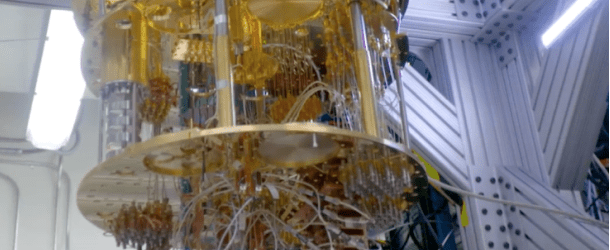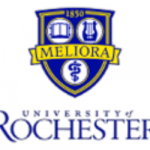Quantum Computers Must Repair Their Error Problems to Reach Their Potential

(ScienceNews) If errors aren’t brought under control, scientists’ high hopes for quantum computers could come crashing down to Earth if errors aren’t brought under control.
Conventional computers — which physicists call classical computers to distinguish them from the quantum variety — are resistant to errors.
But quantum bits — or qubits — are inherently fragile. They are made from sensitive substances such as individual atoms, electrons trapped within tiny chunks of silicon called quantum dots, or small bits of superconducting material, which conducts electricity without resistance. Errors can creep in as qubits interact with their environment, potentially including electromagnetic fields, heat or stray atoms or molecules. If a single atom that represents a qubit gets jostled, the information the qubit was storing is lost.
Before quantum computers can reach their much-hyped potential, scientists will need to master new tactics for fixing errors, an area of research called quantum error correction.
“It’s like fighting erosion,” says Ken Brown, a quantum engineer at Duke University. But quantum error correction provides a way to control the seemingly uncontrollable.



















